In this article
View 3 More +It’s a noise that can’t be unheard. It will wake you up in the middle of the night and rattle your bones. Your cat is retching, and the noise is undeniable. As you race to comfort your cat and protect your carpet, you notice that the vomit is pink in color. What could have caused that? Does your cat need to be immediately seen by an emergency vet?
Occasionally, food dye or the food itself could lead to the pink coloration of vomit. However, more than likely, your cat’s vomit is pink in color due to the presence of blood somewhere in the upper gastrointestinal tract. The reasons blood may be seen in vomit are abundant, as pink vomit is more of a clinical sign of illness.
Continue reading below as we discuss some of the most common reasons pink coloration may be present in cats’ vomit.

The 10 Reasons Your Cat Is Throwing Up Pink Liquid
1. Food Coloration
Although most causes of pink-colored vomit are correlated to the presence of blood, there is an exception. Some foods colored with dye may cause vomit to appear pink. As food enters the stomach and mixes with stomach acid, the food begins breaking down. If vomiting occurs during this time, it is possible that the contents may have a pink hue present.
2. Swallowing of Blood
As mentioned previously, the ingestion of blood is the most common reason pink coloration is seen in vomit. This can occur due to swallowing blood that has come from the oral cavity, nasal cavity, and respiratory tract. Ingested blood will appear bright pink or red compared to that of digested blood occurring lower in the gastrointestinal tract, which is often described as appearing like coffee grounds.
If you need to speak with a vet but can't get to one, head over to PangoVet. It's an online service where you can talk to a vet online and get the advice you need for your pet — all at an affordable price!

3. Esophageal Trauma
Irritation of the esophagus can result in inflammation and blood. When this enters the stomach, blood can change the coloration of the gastric fluids. Esophagitis, or inflammation of the esophagus, is a common sequel to repetitive vomiting and can be seen with acid reflux. Additionally, foreign bodies lodged in the esophagus can behave similarly, leading to esophagitis.
4. Gastric Bleeding
Although stomach ulcers are more common in dogs, they can occasionally be seen in cats. Ulcerations are often very painful. Animals with stomach ulcers experience gastric bleeds. If a patient with an ulcer vomits, blood will likely be seen. Ulcerations can be treated with gastroprotectants like sucralfate but can also improve with the use of omeprazole, a proton pump inhibitor.
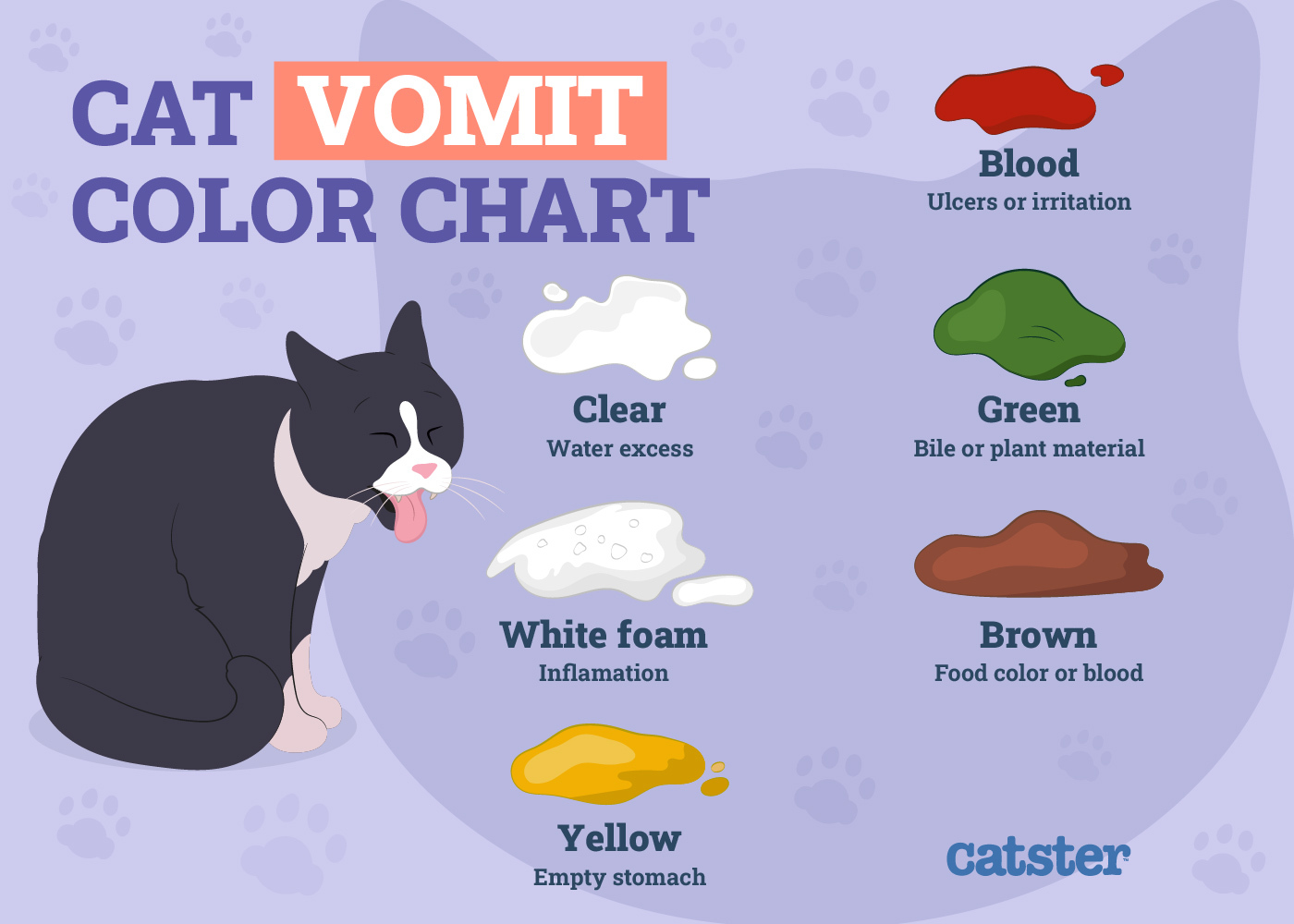
5. Bleeding Disorders
Although relatively uncommon, some animals may battle bleeding disorders. These can occur from secondary poisonings, immune-mediated diseases, and genetic abnormalities. Unfortunately, these can be challenging to treat and may be life-threatening.
6. Foreign Bodies
Inappropriate foreign bodies, like sewing needles, plastic, bones, and more, can become lodged in the oral cavity or throughout the digestive tract. Blood that occurs secondary to foreign body trauma may lead to pink vomit.
7. Cancer and Tumors
Cancer or tumors anywhere along the upper digestive tract, including the oral cavity, could bleed or cause irritation to normal tissue. Once this blood is ingested, fluids within the stomach mix resulting in a pink coloration that can be seen in vomit.
8. Infections
Some types of bacterial, viral, fungal, and parasitic infections can lead to vomiting. This is often the result of damage to the tissue lining the gastrointestinal tract.
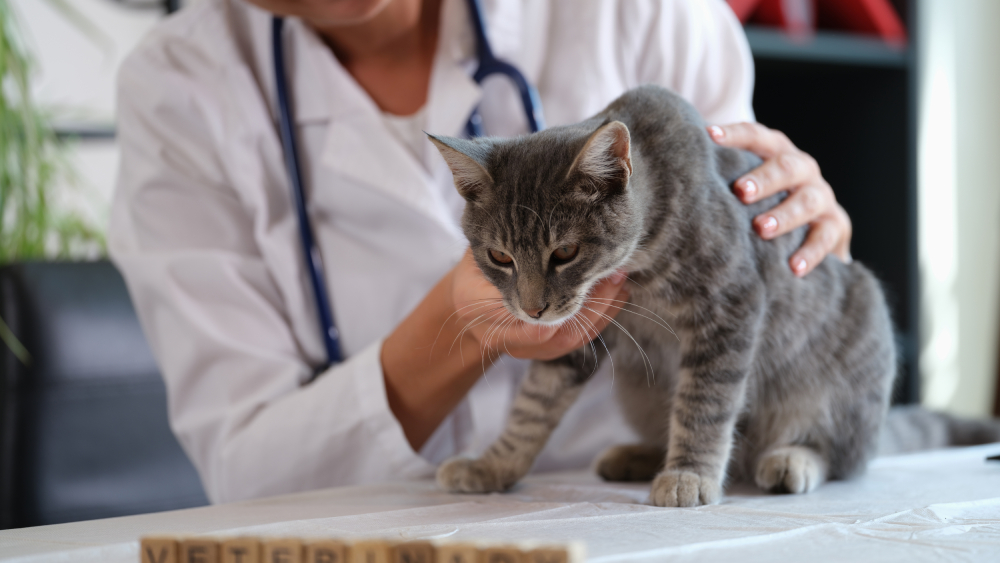
9. Shock
If your feline companion is severely ill and experiencing signs of shock, the digestive tract can suffer as a result of low blood pressure. When this happens, the lining of the digestive tract is affected and damaged. Vomiting may ensue and patients may require intravenous fluids and blood transfusions.
10. Chronic Vomiting
Disease processes causing recurrent vomiting, like kidney disease or liver disease, can be the underlying cause of pink vomitus. As previously mentioned, stomach acids can be irritating to the esophagus leading to inflammation and blood present in the vomit.


Signs That Your Pet May Need to See the Vet
- Recurring vomiting
- Lethargy
- Change in appetite
- Pain
- Weakness
- On-going blood noted in vomit
- Diarrhea
Diagnostics
Your veterinarian will perform a physical examination on your cat to develop a better understanding of their overall condition. Then, based on the physical examination findings, your veterinarian will suggest diagnostic tests that can be performed that will better pinpoint the cause of vomiting. Common modalities used are radiographs, endoscopy, surgery, and ultrasound. Furthermore, blood work can be useful in recognizing bleeding disorders and infections.
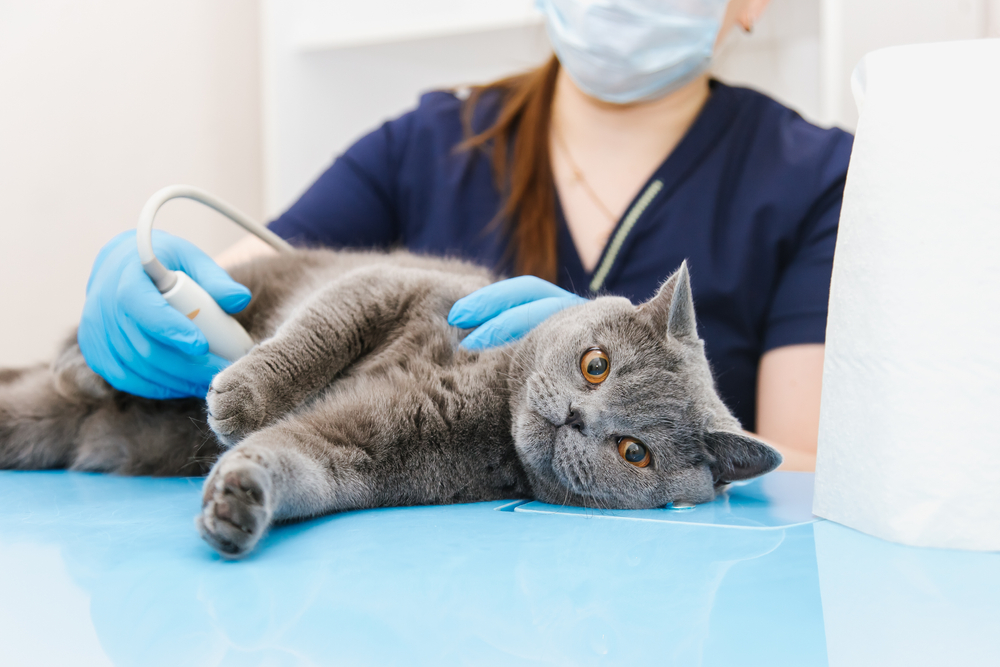
Treatment
Treatment of vomiting pink fluid will be heavily dependent on the underlying cause. Remember, vomiting is a sign of the problem, not the problem itself. For example, if vomiting is secondary to a foreign body, removal will be necessary. If vomiting is secondary to an ulcer, the ulcer will need resolution and the underlying cause addressed.
Symptomatic care can often be used to help reduce signs of illness and can be beneficial for a variety of disorders. Often, cats with pink-tinged vomit will benefit from off-label use of a medication like sucralfate or Carafate®. This medication helps coat areas of ulceration or irritation in the upper digestive tract.
Additionally, anti-vomit medications may be recommended depending on the suspected underlying disease process. Not every patient experiencing vomiting should be treated with anti-vomit medication. This is a treatment decision that will need to be made by your veterinarian.
Often, dietary changes may be recommended, and food may be temporarily withheld. Bland, wet diets are often preferable in animals struggling with gastrointestinal issues.
Cleaning Up
Our Favorite Enzyme Cleaner The Hepper Advanced Bio-Enzyme Pet Stain & Odor Eliminator Spray is our favorite enzyme cleaner out there. It permanently removes even the very worst kitty stains and smells, leaving your home fresh and clean! Click here to learn more about this amazing product and get yourself a bottle.
At Catster, we’ve admired Hepper for many years, and decided to take a controlling ownership interest so that we could benefit from the outstanding products of this cool cat company!

In Summary
Vomiting in cats deserves to be taken seriously. If your 4-legged companion appears in distress or if the vomiting is persistent, it is time to have them evaluated by a veterinarian. The cause of vomiting can vary, and as a result, treatment varies too. Your veterinarian will recommend different diagnostic tests and supportive interventions and will be prepared to intervene further if needed. Your cat should be closely observed following vomiting for signs of worsening in their condition. If ever in doubt, contact your veterinarian.
Featured Image Credit: chie hidaka, Shutterstock
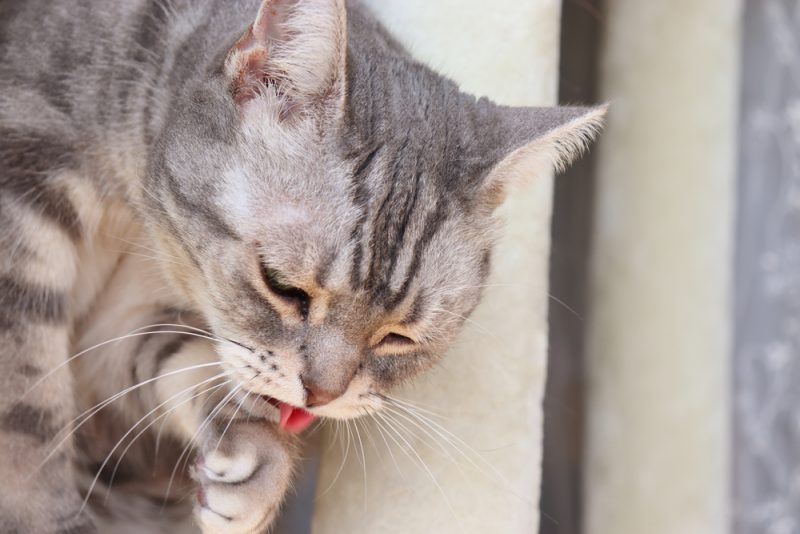


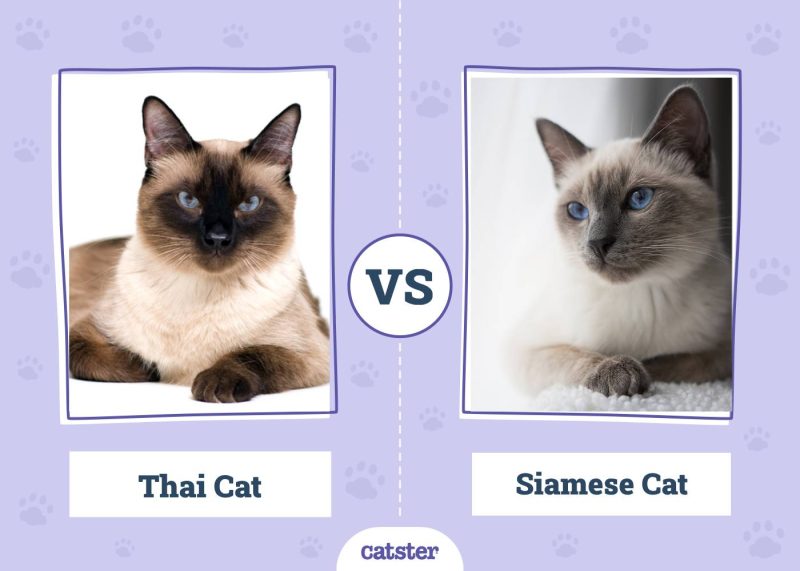
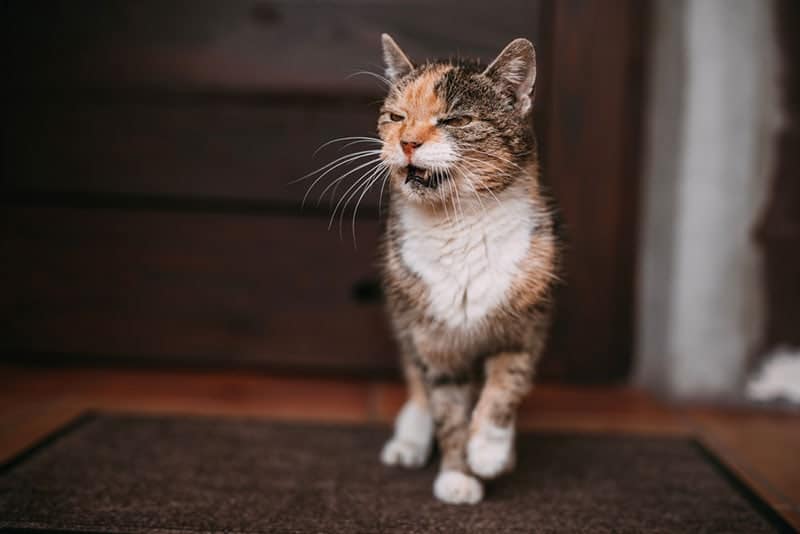
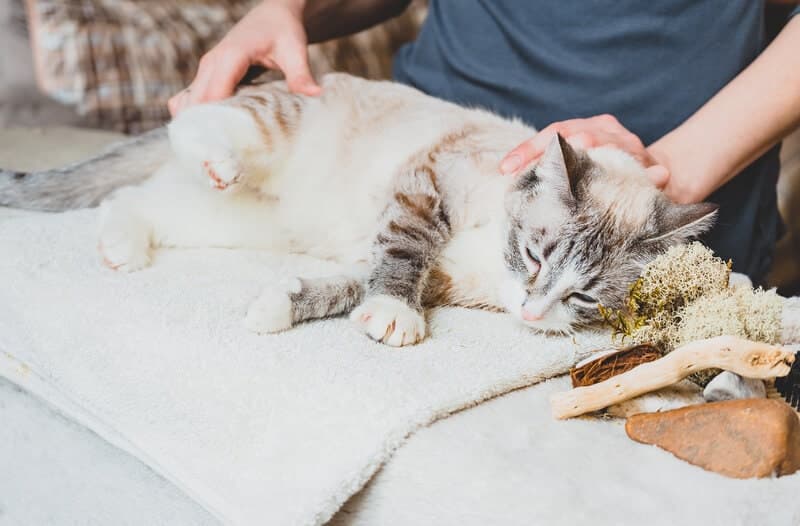
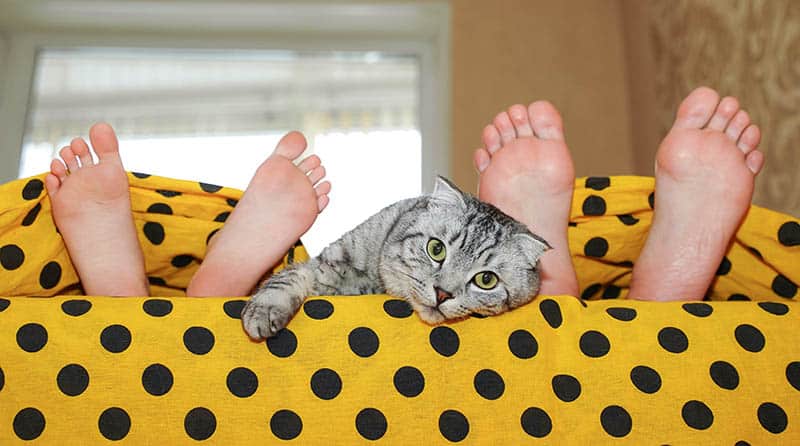
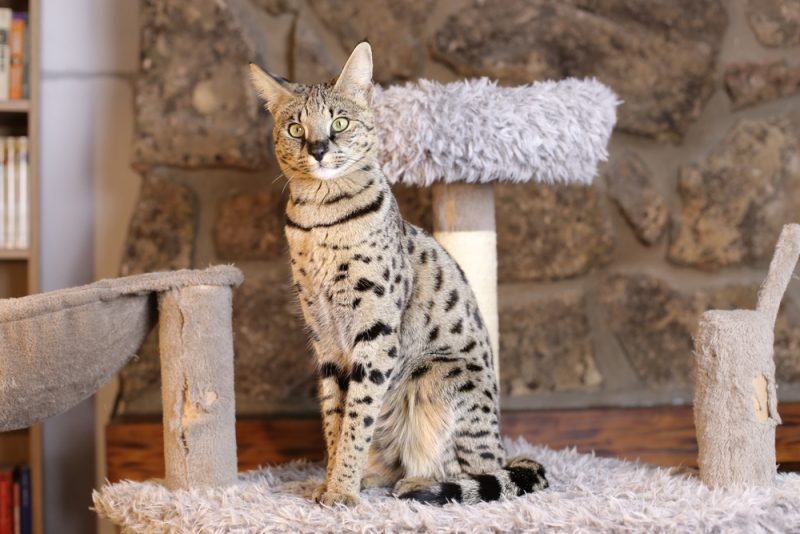
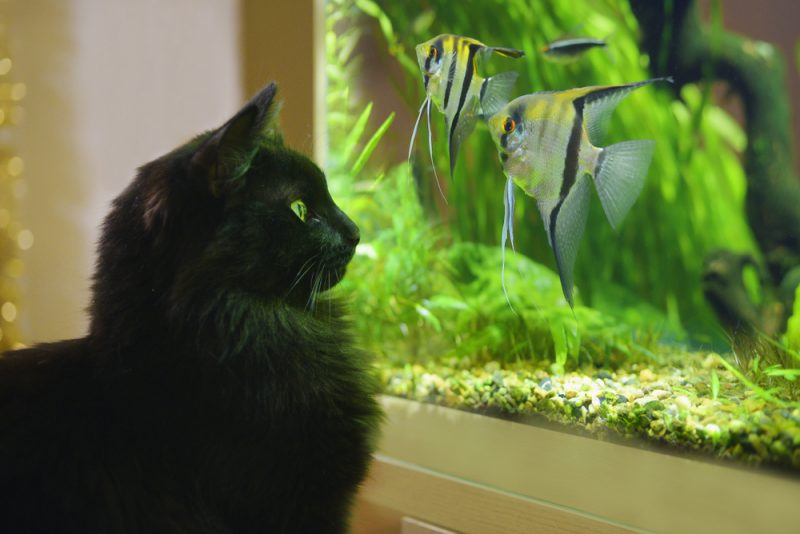
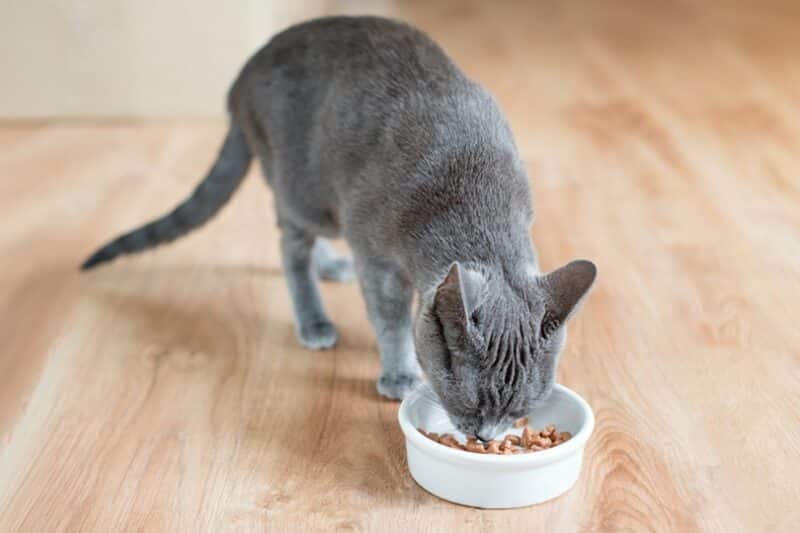
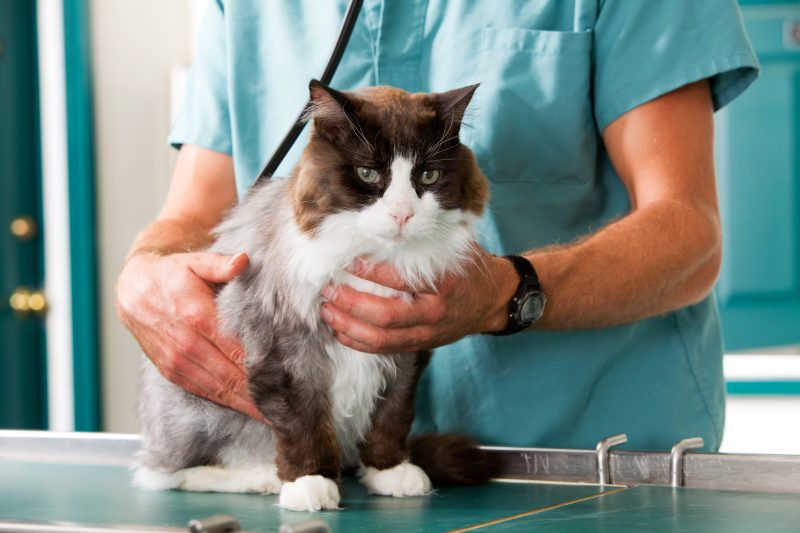
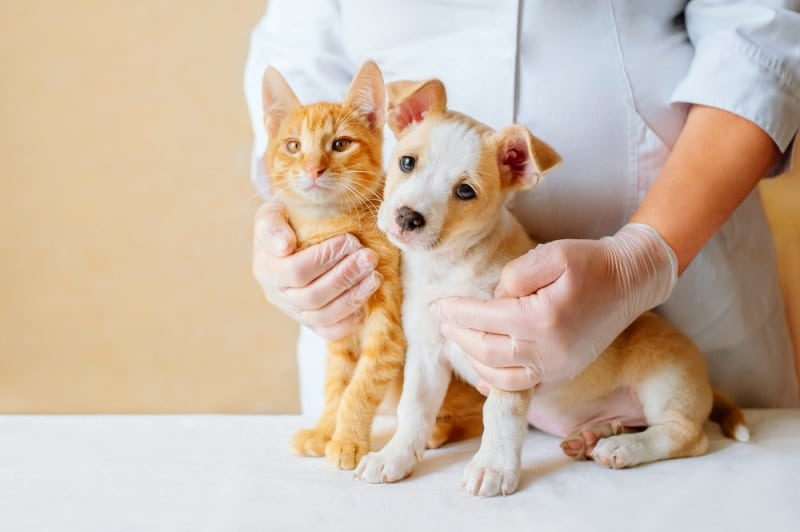
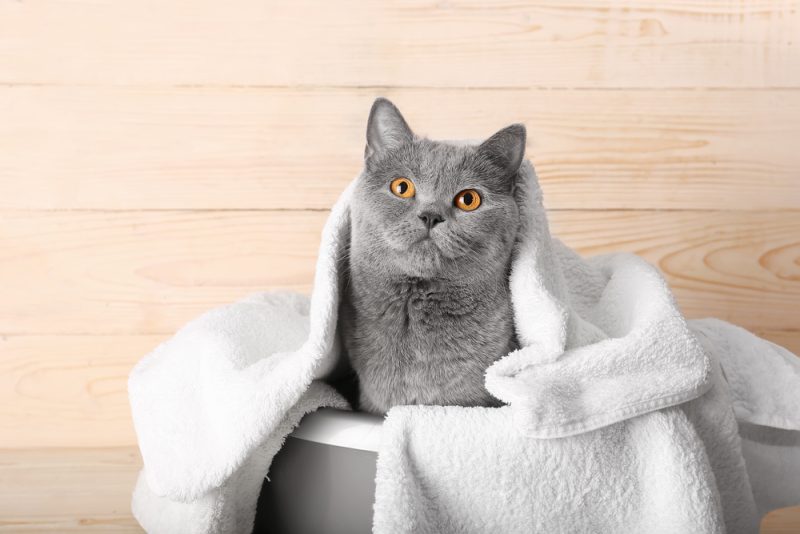
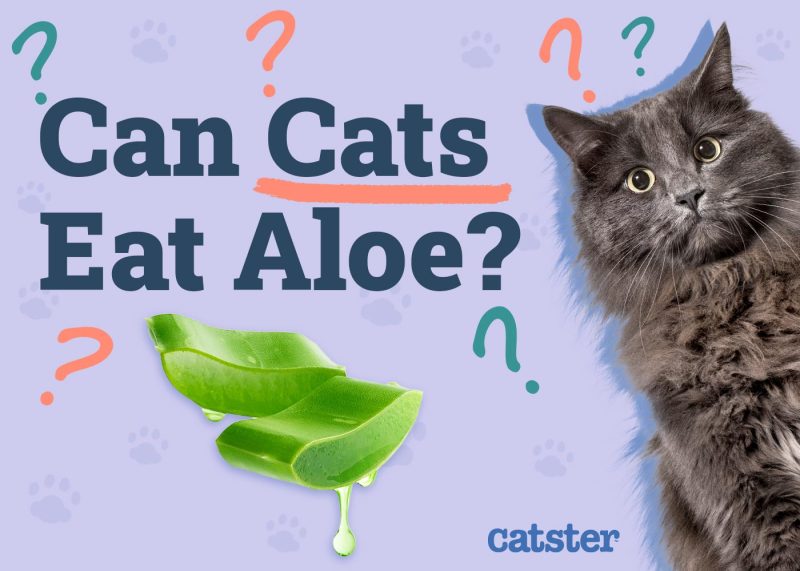
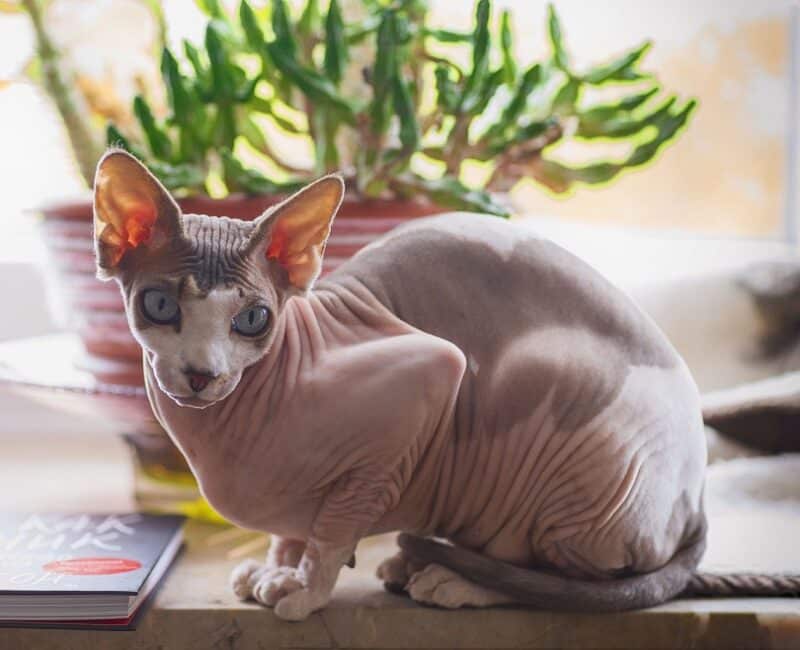
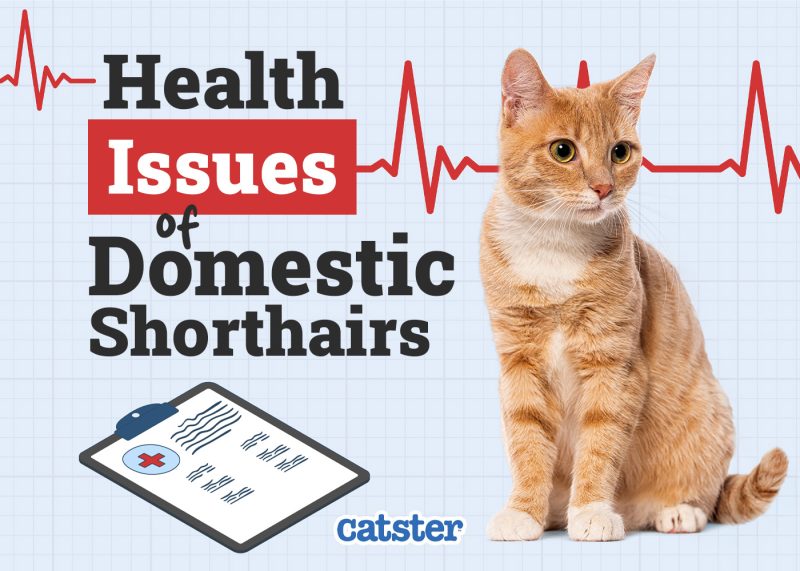
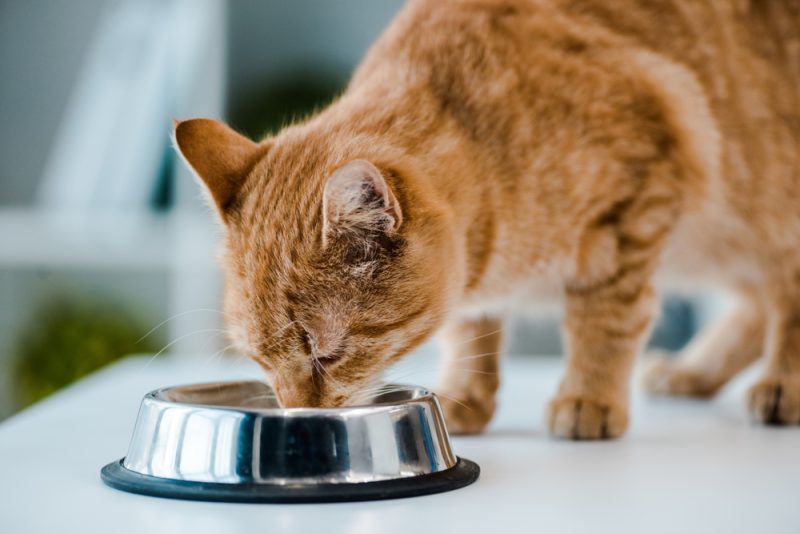
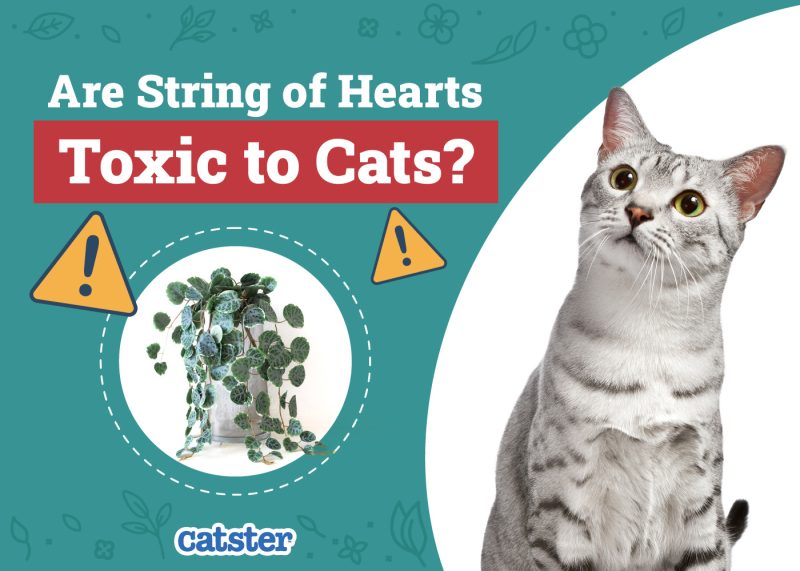
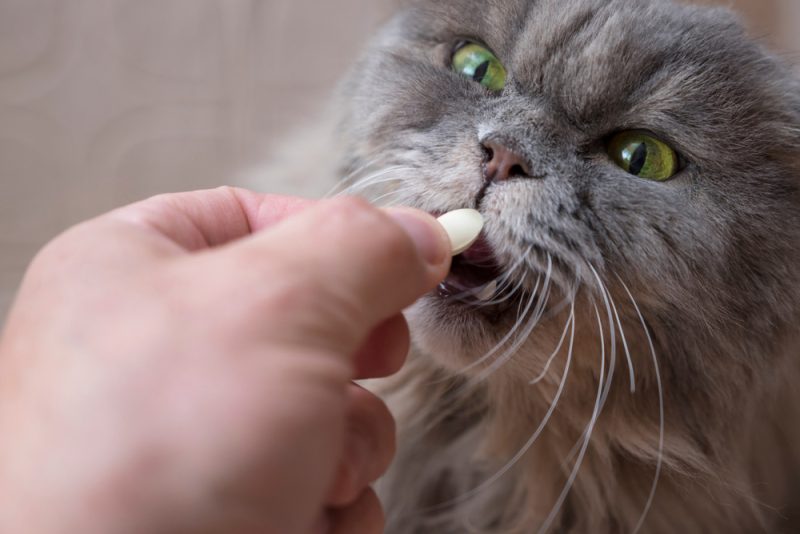



2 Responses
Thank you for the loads of information it is very helpful !!! I am writing this as I have a cat with vomiting issues right now and relieved of what I read thank you ????
Hi Gigi, we are delighted to hear that you found our post helpful. If you are ever concerned about your cat’s health, keep in mind that you are not alone, you can always book a one-on-one consultation with a vet at www.pangovet.com, they will be happy to assist you.